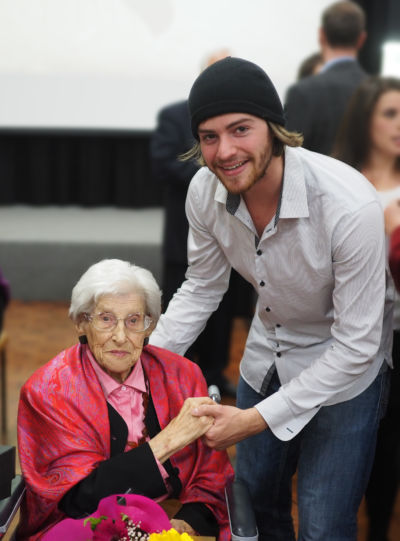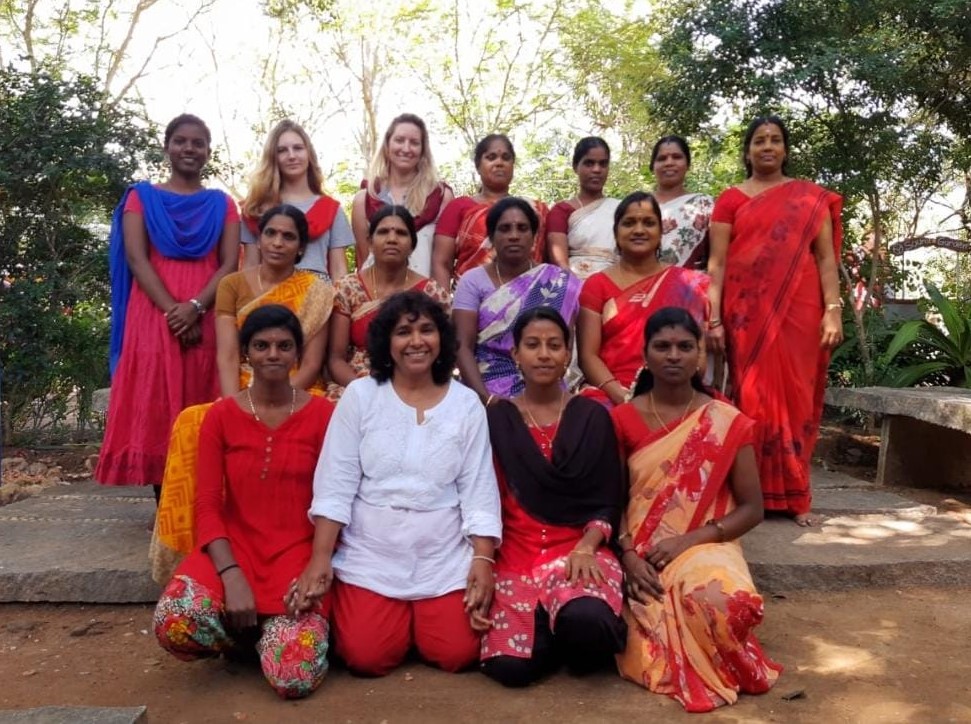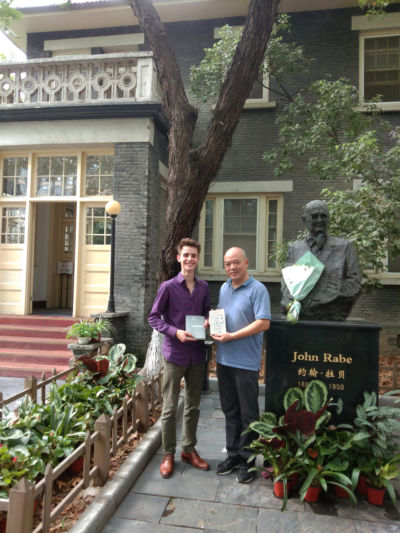SERVING ABROAD
The Austrian Service Abroad offers the Gedenkdienst, the Austrian Social Service and the Austrian Peace Service within the framework of voluntary work.
HOLOCAUST MEMORIAL SERVICE (GEDENKDIENST)
The Holocaust Memorial Service is dedicated to remembering the atrocities of National Socialism and honoring the victims of the Holocaust. Volunteers serve in Holocaust memorial sites, museums, research institutions, nursing homes, and organizations connected to the Holocaust, Holocaust survivors, antisemitism, or the support of Jewish culture and Jewish life.
Their work includes designing and organizing tours, events, and workshops, conducting archival research, giving lectures at universities and schools, engaging in conversations with eyewitnesses and documenting their testimonies, as well as caring for Holocaust survivors.
The goals are to preserve remembrance, confront the legacy of National Socialism, support Jewish life, and follow the examples of symbolic acts and figures such as Willy Brandt’s kneeling in Warsaw and Simon Wiesenthal’s lifelong commitment.

SOCIAL SERVICE (SOZIALDIENST)

The Social Service supports socially disadvantaged people, environmental projects, and the economic development of host countries. Volunteers work in schools, hospitals, rehabilitation centers, nursing homes, art centers, rural communities, and environmental protection projects.
Their tasks include caring for children and people with special needs, assisting in educational and health projects, supporting cultural initiatives, promoting ecological projects, and contributing to the social and economic development of communities.
The goals are to improve the quality of life for people in need, strengthen education and health, promote sustainable development and environmental protection, and support local structures in the host country.
PEACE SERVICE (FRIEDENSDIENST)
The Peace Service contributes to reconciliation, justice, and intercultural dialogue. Volunteers work in museums, educational centers, non-governmental organizations, libraries, research institutions, and institutions with a focus on peace work.
Their activities include participation in peace education and peace research, the implementation of educational and cultural projects, the promotion of intercultural communication, the support of women’s and minority rights, the commemoration of genocides beyond the Holocaust, and involvement in reconciliation and anti-racism initiatives.
The goals are the nonviolent resolution of conflicts, the strengthening of women’s and minority rights, the promotion of intercultural understanding, the remembrance of endangered cultures such as the Māori or Aboriginal peoples, and the commitment to global peace.

